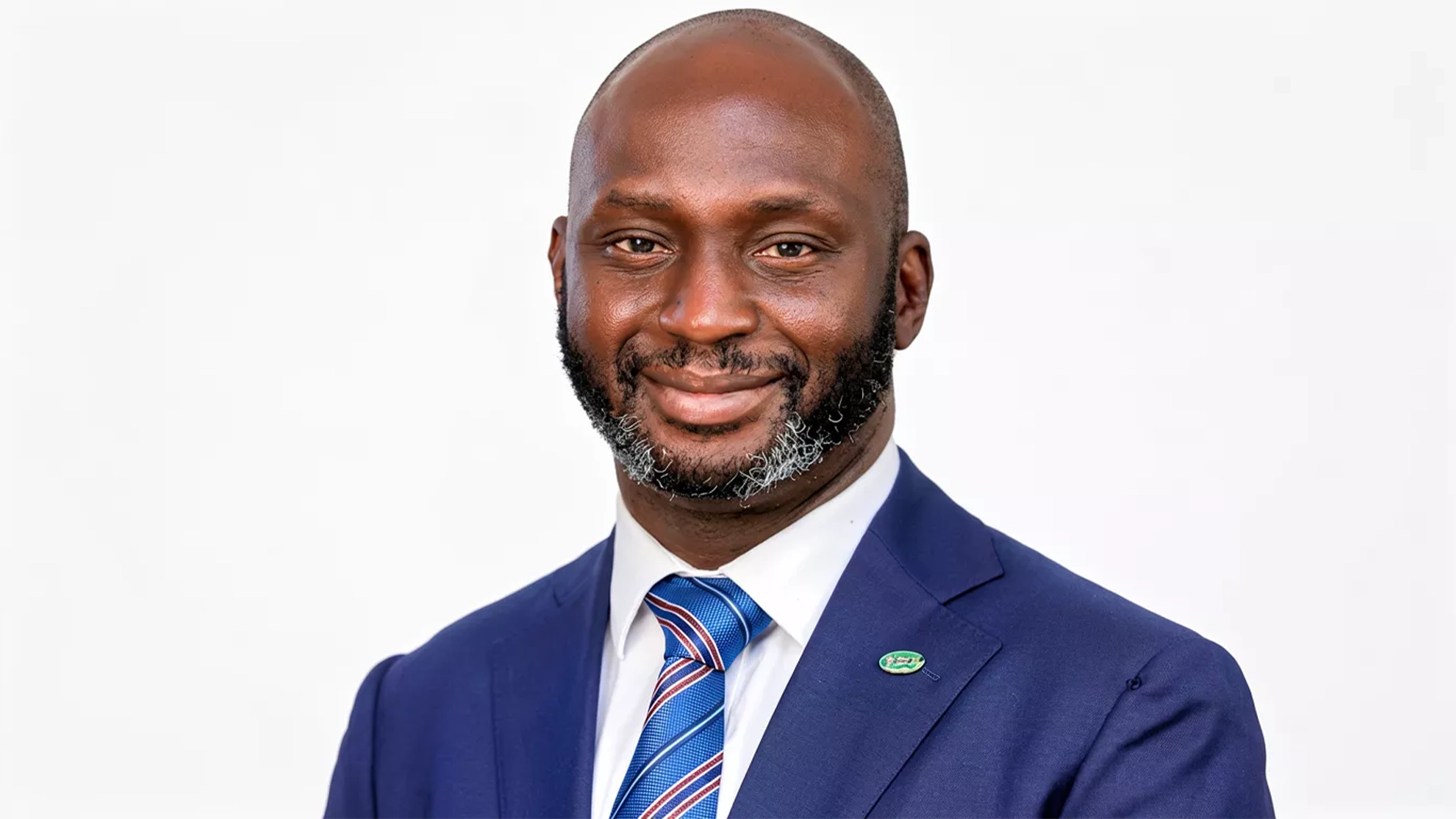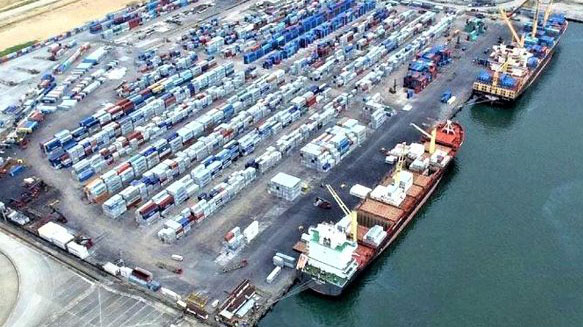Sahara Group is targeting a 250 per cent increase in oil production to 350,000 barrels per day (bpd) within the next five years, the company said yesterday.
With current production of about 100, 000 and six oil blocks in Nigeria, the group, in a release on Sunday said it has acquired seven new rigs to push through its plans.
The company’s upstream subsidiary, Asharami Energy, which also operates some blocks in Ghana and Ivory Coast said it planned to accelerate drilling and workover operations as part of a broader strategy to optimise production efficiency, deepen local content, and strengthen Africa’s position in the global energy market.
Speaking on the sidelines of the recently concluded Africa Energy Week in Cape Town, Leste Aihevba, Chief Technical Officer of Asharami Energy, said Sahara’s investment represents a critical step towards sustainable energy security for Africa.
“The journey towards a secure and sustainable energy future for Africa cannot be travelled in silos. Every refinery upgrade, every gas commercialisation project, every power reform and community wealth accretion initiative must be part of a broader continental blueprint,” Aihevba said.
Aihevba explained that the company’s infrastructure expansion is designed to integrate Sahara’s upstream, midstream, and power businesses into a seamless value chain that supports industrialisation and economic inclusion across Africa.
“We have expanded our reserves development and production capacity with the acquisition of seven rigs for both drilling and workover. This bold and strategic drive complements our efforts to accelerate the journey from exploration to production, enhance local content participation, and ensure Africa develops the reserves that will power its future responsibly.”
Under the plan, Sahara aims to reach 350,000 barrels of oil per day and 1 billion standard cubic feet of gas per day (MMscf/d) within five years, with the new rigs expected to play a central role in achieving this target. Two of the rigs are already in Nigeria, while two more are expected to arrive before the end of 2025.
Aihevba added that Sahara’s approach to expansion is built around “shared prosperity,” with host communities and governments treated as strategic partners rather than bystanders. “Our upstream operations are anchored on collaboration that builds local competence and global competitiveness in bringing energy to life responsibly,” he said.
The company’s newly commissioned 2000-horsepower land rig, L-Buba, has already commenced operations by spudding a gas development well in one of Sahara’s fields, while a second rig is being mobilised for an oil development project.
All rigs will be managed by Arahas Global Oilfield Services, another Sahara subsidiary, ensuring local technical control and workforce development.
By coupling massive infrastructure investments with human capital development, cross-border collaboration, and technology deployment, Sahara Group is positioning itself not merely as a producer but as a continental energy integrator. Its expansion drive aligns with Africa’s broader push for energy independence and value addition, even as the world navigates the complex transition to cleaner fuels.






